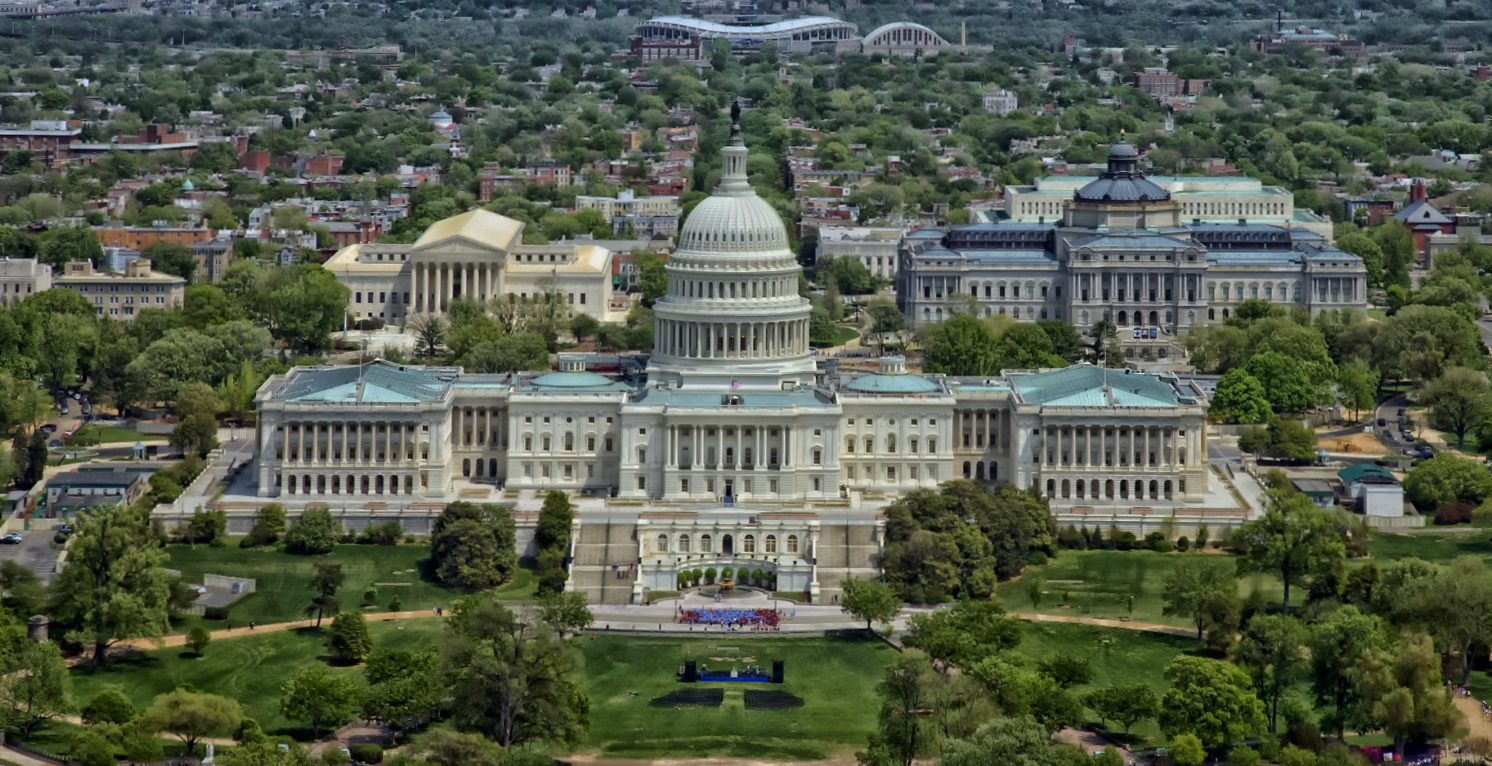WASHINGTON—Following his December 2016 mission to Erbil in the Kurdistan region of Iraq to meet with Christian survivors of ISIS genocide, Rep. Chris Smith (NJ-04), along with his Democratic colleague Rep. Anna Eshoo (CA-18), today reintroduced their bipartisan legislation to provide emergency relief to survivors of genocide and ensure accountability for perpetrators.
The Iraq and Syria Genocide Emergency Relief and Accountability Act (H.R. 390) is an enhanced version of the Smith-Eshoo bill (H.R. 5961) they introduced in 114th Congress.
“The reintroduction of this bill is timely because just last month I saw in Iraq the lack of humanitarian aid for Christian genocide survivors. These genocide survivors told me the United States and global community had abandoned them. They are at-risk from freezing winter temperatures and require emergency help,” said Smith.
“Tens of thousands of Christian genocide survivors in Iraq and Syria need our help now and it is essential that emergency humanitarian aid for the survivors be provided,” said Rep. Eshoo. “I thank Chairman Smith for his passionate leadership on this issue and I look forward to working with him and all my colleagues in Congress to quickly move this aid package and bring relief to those who continue to suffer.”
The Syriac Orthodox Archbishop of Mosul, Nicodemus Sharaf, who had to seek refuge in Erbil from ISIS, told Smith, “We are the last people to speak the Aramaic language. Without help, we are finished.”
The Chaldean Catholic Archdiocese of Erbil invited Smith to Erbil and has been supporting more than 70,000 Christians who escaped ISIS – almost 1/3 of the 250,000 Christians remaining in Iraq – with food, shelter, and medical care. It also serves Yezidis and Muslims displaced by ISIS. The Archdiocese has had to rely entirely on donations from organizations like the Knights of Columbus and Aid to the Church in Need.
“Because the U.S. Government and United Nations have so far failed to support this life-saving work of the Archdiocese of Erbil, these Christian genocide survivors continue to hang on the edge between life and death,” added Smith.
Among its key provisions, H.R. 390 directs the U.S. Administration to:
- Support entities that are effectively serving genocide survivors in-country, including faith-based entities;
- Support entities that are conducting criminal investigations into perpetrators of genocide, crimes against humanity and war crimes in Iraq and Syria;
- Create a “Priority Two” (“P-2”) designation that Christians and other genocide survivors from religious and ethnic minority communities are of “special humanitarian concern to the United States” and therefore able to access an overseas application interview for the U.S. Refugee Admissions Program without needing a referral from the UN;
- Vet P-2 refugee applicants like any other Iraqi or Syrian refugee applicant and not admit them to the U.S. unless they have cleared this vetting;
- Assess and address the humanitarian vulnerabilities, needs, and triggers that might force survivors to flee their homes;
- Identify warning signs of deadly violence and other forms of persecution against genocide survivors from vulnerable religious and ethnic minority communities, or against other members of these communities, in Iraq or Syria;
- Identify gaps in U.S. law so that the American justice system can prosecute foreign perpetrators of genocide, crimes against humanity, or war crimes present in the U.S., as well as any Americans who commit such crimes;
- Encourage foreign countries to add identifying information about suspected perpetrators of such crimes to their security databases and security screening.
The other original 15 cosponsors are Rep. Mark Meadows (R), Rep. Juan Vargas (D), Rep. Pete Sessions (R), Rep. Dan Lipinski (D), Rep. Jeff Fortenberry (R), Rep. Louise Slaughter (D), Rep. Trent Franks (R), Rep. Robert Pittenger (R), Rep. Gus Bilirakis (R), Rep. Randy Hultgren (R), Rep. Randy Weber (R), Rep. David Trott (R), Rep. Sean Duffy (R), Rep. Jody Hice (R), and Rep. Barbara Comstock (R).
Background
The Smith-Eshoo bill is supported by many groups, including the Knights of Columbus, Family Research Council, In Defense of Christians, 21st Century Wilberforce Initiative, Commission for International Justice and Accountability, HIAS, Aid the Church in Need USA, Open Doors, A Demand for Action, Yezidi Human Rights Organization International, Religious Freedom Institute, Christian Solidarity Worldwide, and Syrian Accountability Project, and Civitas Maxima.
It is also supported by all the former US Ambassadors-at Large for War Crimes, David Scheffer (1997-2001), Pierre Prosper (2001-2005), Clint Williamson (2006-2009), and Stephen Rapp (2009-2015), as well as the Founding Chief Prosecutor of the Special Court for Sierra Leone, David Crane; Director of the Center for Religious Freedom Nina Shea; and the author of Defying ISIS, Rev. Johnnie Moore.
Since 2013, Rep. Smith has chaired nine congressional hearings on atrocities in Iraq and Syria, including one titled The ISIS Genocide Declaration: What Next? and another titled Atrocities in Iraq and Syria: Relief for Survivors and Accountability for Perpetrators. He authored the bipartisan H. Con. Res 121, which the House passed overwhelmingly and calls for the formation of an ad hoc tribunal for perpetrators of crimes against humanity and war crimes in the Syrian conflict. Smith also authored with Eshoo the bipartisan, historic Frank Wolf International Religious Freedom Act (H.R. 1150), which the President signed into law. Smith and Eshoo also introduced H.R. 5961, the forerunner to H.R. 390.
Just before Christmas, Smith traveled to the Erbil area of Kurdistan region of Iraq to meet with Christian genocide survivors and visit a camp for 6,000 displaced Christians, managed and supported by the Archdiocese of Erbil. He also met with Christian leaders; non-governmental organizations; and officials from the U.S., countries like Hungary and Poland that are proactively supporting assistance to Christian genocide survivors, and the United Nations.
Christians have lived in Iraq since the 1st century and there were as many as 1.4 million in 2002. Sectarian violence and targeting of Christians reduced their presence to 500,000 by 2013, the year before ISIS started its genocide against them. At the end of 2015, less than 250,000 Christians remained in Iraq.







